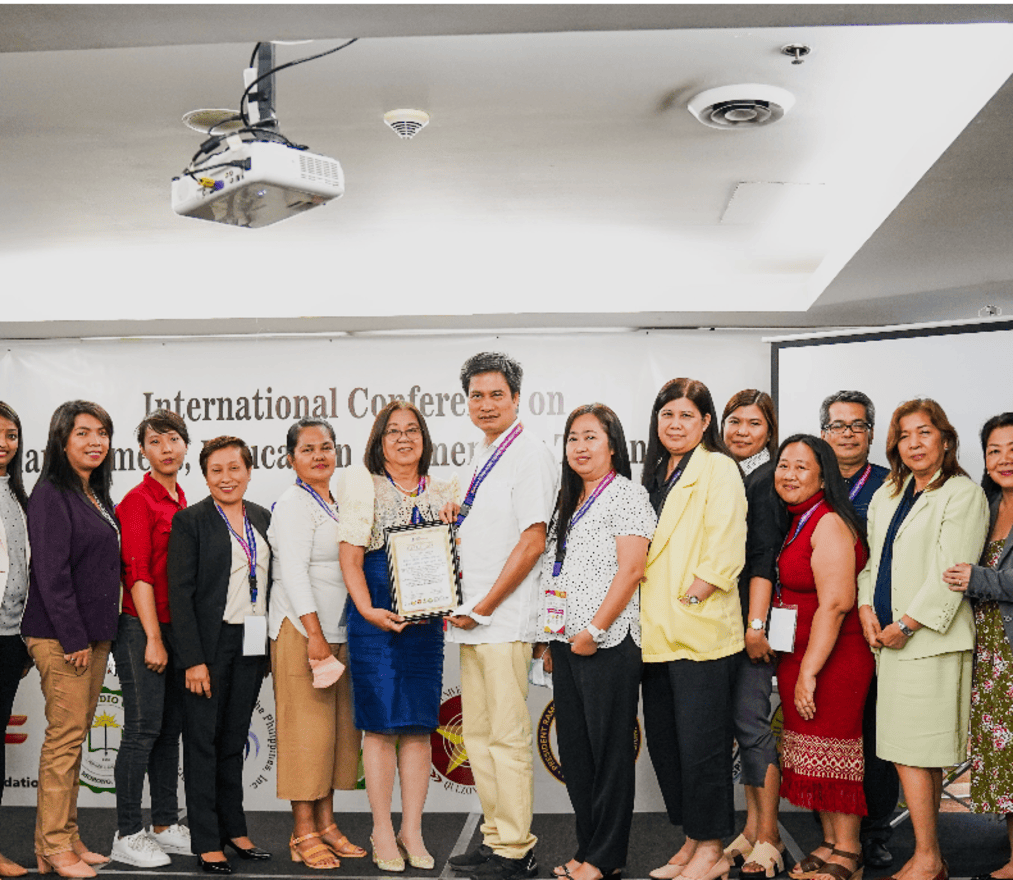The Global Sustainability Contact for global sustainability conference inquiries Conference is a premier platform for researchers, policymakers, industry leaders, and academics to present. The Global Sustainability Conference is a premier platform for researchers, policymakers, industry leaders, and academics to present groundbreaking research, innovative ideas, and actionable solutions for a sustainable future. To maintain the highest standards of academic and professional discourse, all submissions must adhere to specific guidelines. This document outlines the submission process, formatting requirements, deadlines, and evaluation criteria to ensure a smooth and successful submission experience.
1. Conference Themes and Topics
Submissions should align with the core themes of the conference, which may include, but are not limited to:
- Climate Change and Adaptation Strategies
- Renewable Energy Innovations
- Sustainable Urban Development
- Environmental Policies and Regulations
- Circular Economy and Waste Management
- Corporate Social Responsibility (CSR) and Sustainability
- Green Technologies and Innovations
- Biodiversity and Conservation Efforts
- Sustainable Agriculture and Food Security
Authors should select the most relevant theme for their submission to ensure it aligns with the conference’s objectives.
2. Types of Submissions
The conference accepts a variety of submission formats, including:
- Full Papers: Comprehensive research studies with in-depth analysis and findings.
- Abstracts: Summaries of research work, case studies, or projects.
- Posters: Visual presentations showcasing research highlights.
- Workshops and Panel Proposals: Interactive sessions led by experts in the field.
3. Submission Process
To submit your research, follow these steps:
- Create an Account: Register on the official conference submission portal.
- Prepare Your Document: Ensure your submission meets the formatting guidelines outlined below.
- Upload Your File: Submit the manuscript, abstract, or proposal through the online submission system.
- Complete Required Information: Provide author details, affiliations, and keywords for indexing purposes.
- Confirm Submission: Double-check all details and submit before the deadline.
4. Formatting Guidelines
To maintain consistency, all submissions must adhere to the following formatting standards:
- File Format: Submissions must be in Microsoft Word (.doc/.docx) or PDF format.
- Font & Spacing: Use Times New Roman, 12-point font, and double-spacing.
- Length:
- Full papers: 6,000 – 8,000 words
- Abstracts: 250 – 500 words
- Posters: A one-page summary including visuals
- Workshops/Panels: 1,000 – 1,500 words
- References: Follow APA, MLA, or Chicago citation style as specified by the conference committee.
- Figures & Tables: Clearly labeled and numbered sequentially.
5. Important Deadlines
- Abstract Submission Deadline:
- Full Paper Submission Deadline:
- Notification of Acceptance:
- Final Camera-Ready Submission:
- Conference Dates:
Late submissions may not be considered, so participants are encouraged to submit well in advance.
6. Peer Review Process
All submissions undergo a rigorous peer-review process to ensure quality and relevance. The review process includes:
- Initial Screening: The editorial team checks for compliance with submission guidelines.
- Double-Blind Peer Review: Experts in the field evaluate submissions for originality, methodological rigor, and impact.
- Revisions & Resubmission: Authors may be asked to make changes based on reviewer feedback.
- Final Decision: Accepted papers will be scheduled for presentation at the conference.
7. Presentation Guidelines
Authors of accepted submissions must prepare to present their work at the conference. Presentation formats include:
- Oral Presentations: 15-20 minutes followed by a Q&A session.
- Poster Sessions: A designated time slot for showcasing research posters.
- Workshops/Panels: Interactive discussions with audience engagement.
8. Publication Opportunities
Selected papers may be considered for publication in associated journals, conference proceedings, or edited volumes. Authors will be notified of potential publication opportunities after the conference.
9. Ethical Considerations
All submissions must be original and must not have been published elsewhere. Authors should adhere to ethical research standards, including:
- Proper citation of sources
- Disclosure of conflicts of interest
- Compliance with ethical research guidelines (e.g., human and animal research ethics approvals)
10. Contact Information
For inquiries regarding submissions, guidelines, or technical support, please visit the official conference submission page or contact the organizing committee via email.
Conclusion
Submitting research to the Global Sustainability Conference provides a valuable opportunity to contribute to global discussions on sustainability and to connect with experts in the field. By following these submission guidelines, participants can ensure a seamless and successful submission experience. We look forward to receiving your innovative contributions and welcoming you to the conference.








Leave a Reply